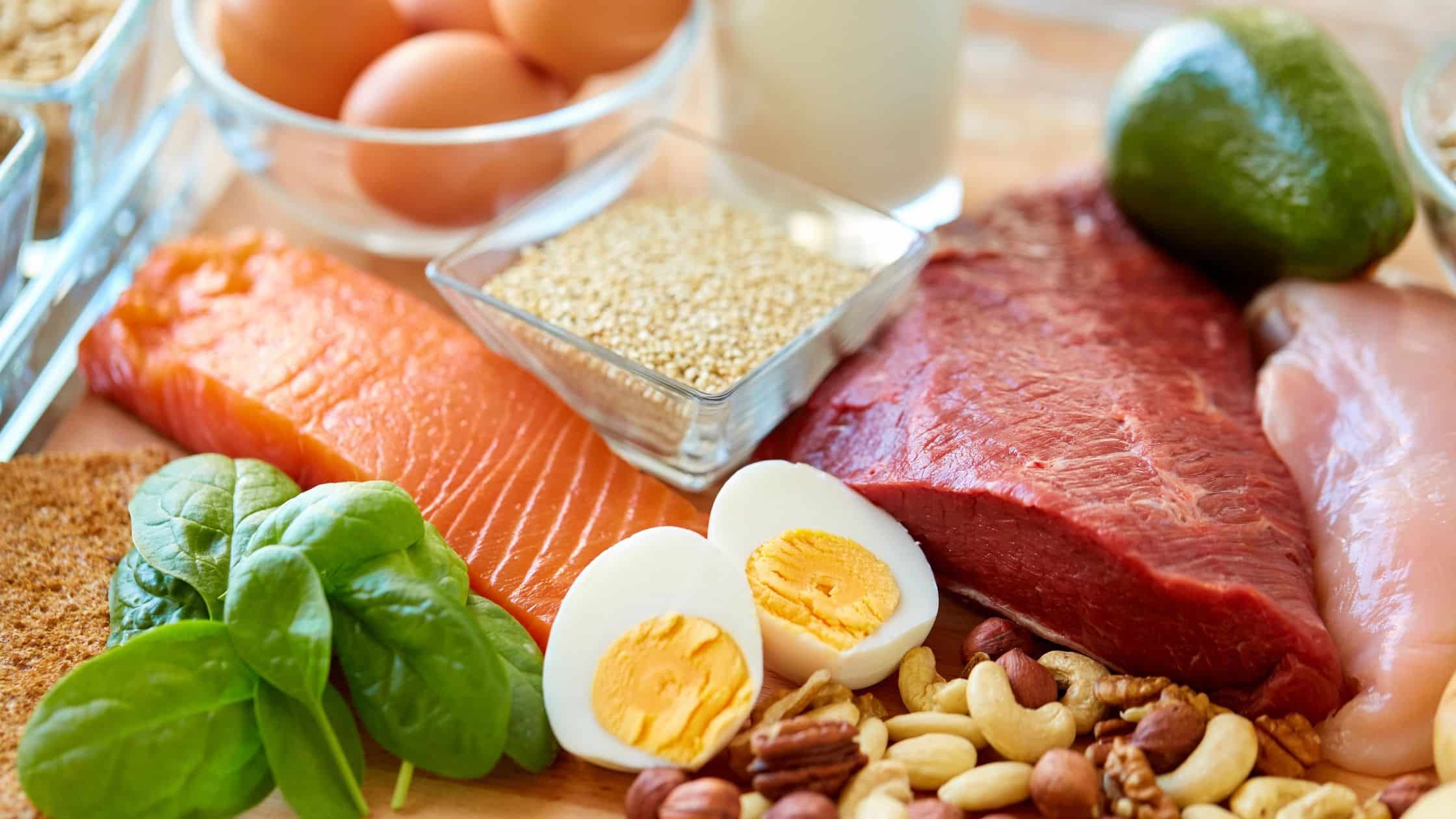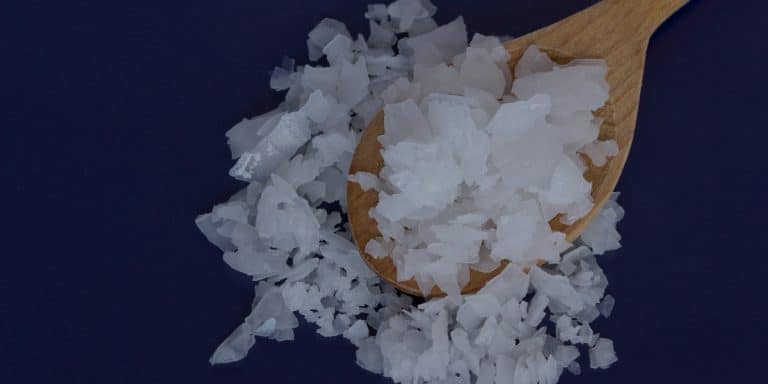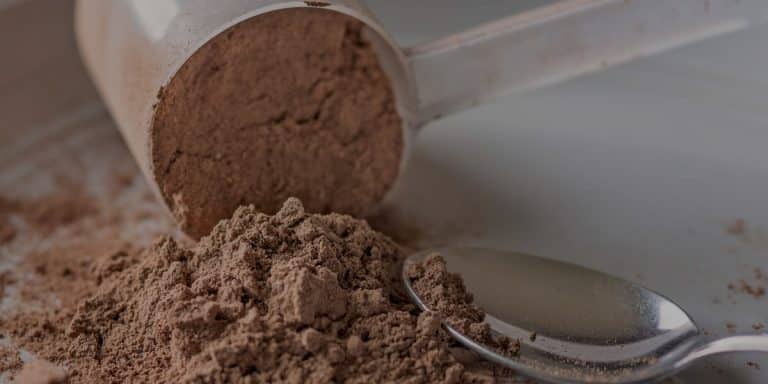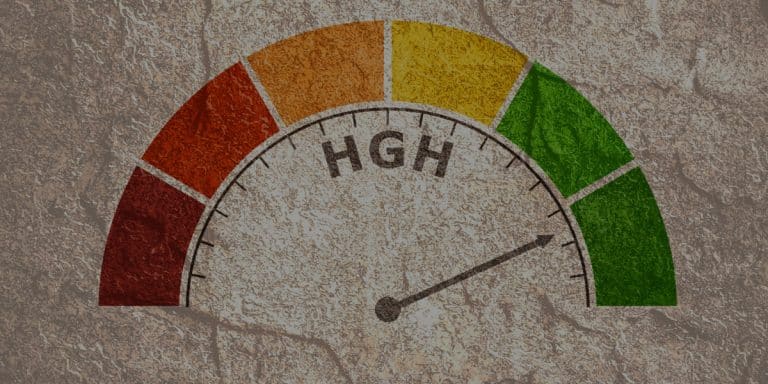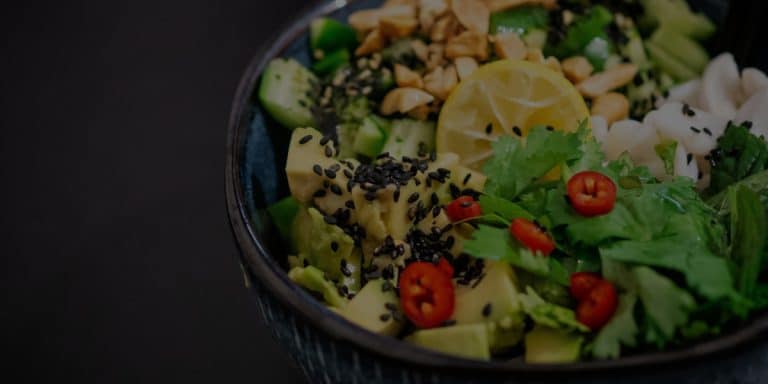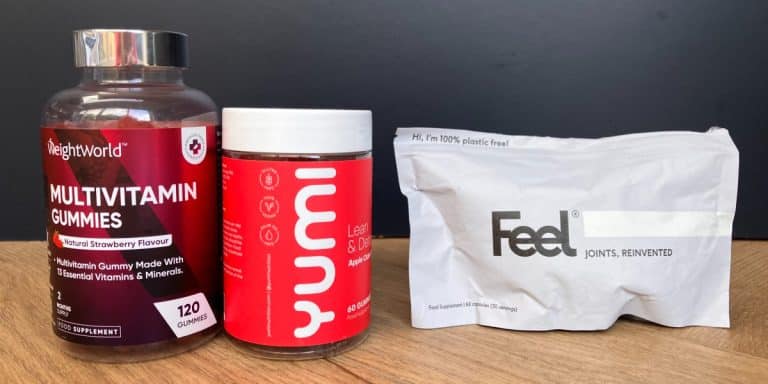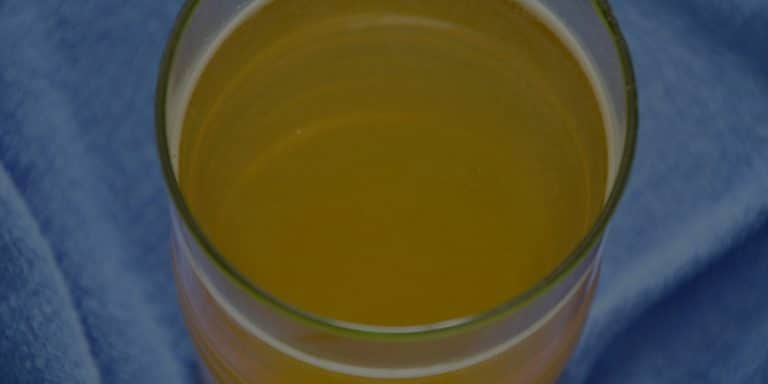Eating For Higher Testosterone Output
What should you be eating for higher testosterone output within your body? A healthy diet is paramount to achieving healthy testosterone levels. Here, James Dixon explains why it’s a big deal, and how to implement it.
The hormone testosterone is vital for men’s health. It affects factors like sex drive, muscle mass, bone density, and red blood cell production. The ageing process, certain lifestyle habits, and certain health conditions can lead to suboptimal testosterone levels and imbalances.
In turn, this diminished testosterone output can lead to a range of really very unpleasant, ruinous symptoms. Most aspects of your health can be impaired by low, or even suboptimal, levels.
Happily, there is a lot we can do to mitigate age-related testosterone loss, and to more broadly optimise levels (at any age!). There are some easy dietary and lifestyle changes you can make to better support testosterone levels and balance.
Today, I want to focus on the diet side of things – how exactly can you eat for improved testosterone output?
What is testosterone?

Testosterone is a hormone that plays a crucial role in men’s health. It is mainly made in your testes (though small amounts are also produced in the adrenal glands). It plays a large role in male reproductive tissue and secondary sexual characteristic development and maintenance, though its affects go a lot further than this.
It can influence muscle mass and hypertrophy (muscle building), bone density, fat distribution, red cell production, and even mood and cognitive health. As a man, optimising testosterone levels is just about the best thing you can do to bolster energy levels, libido, and overall wellbeing.
This only gets more important as we age, especially after thirty. As we age, our testosterone levels naturally begin to decline if left unchecked. This can be worse for some – certain lifestyle factors, including poor diet, stress, a lack of exercise, and obesity, can make this decline much worse, and much more pronounced.
While there are medical interventions available to address low testosterone (including hormone replacement therapy, with exogenous, outside sources of testosterone being use), this is only really relevant for men with clinically low testosterone levels – nmol/L in the single digits.
For the rest of us who are looking to optimise medically healthy levels, we can turn to natural methods to support healthy testosterone levels. Dietary changes and lifestyle modifications are key to this – they can have an incredibly large impact on your testosterone output.
For example, I was horrified a couple of years ago to learn that my levels hovered around the 10-12 nmol/L mark. It explained some of the symptoms I’d been experiencing – physical weakness, an inability to put on more muscle despite being a personal trainer on a solid exercise and diet plan, and lethargy.
I made a few lifestyle changes, including the ones we’re talking about here, and now my levels hover around the 30-34 nmol/L mark. This is the absolute top end of healthy.
I did this in large part by adopting a balanced diet that includes key nutrients like zinc, vitamin D, magnesium, and healthy fats. You will likely benefit from doing the same.
Though, of course, it isn’t just about diet – regular exercise, including resistance training, will go a long way; stress reduction will be key, as we need to better manage our cortisol levels if we want to keep our testosterone levels high; supplementation; and sufficient sleep are all important for optimising testosterone levels within a healthy range.
Your Diet’s impact on testosterone levels
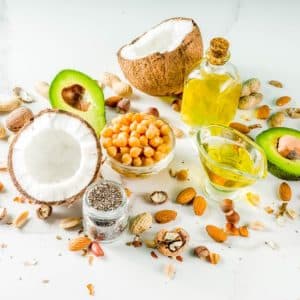
Certain foods and nutrients can influence your body’s production and regulation of testosterone. I have used plenty of them to good effect over the past few years, accounting for a lot of my recently achieved high testosterone output.
Dietary fat is essential for optimal testosterone production. Healthy fats play a crucial role in hormone synthesis – indeed, clinical data shows that low-fat diets can lead to low testosterone output.
Healthy fat sources include the likes of avocado, olive oil, nuts, and seeds. I eat a lot of avocado, peanut butter, and almonds, and always cook with olive oil, to great effect.
Then there is zinc, which is heavily involved in testosterone production. I never take testosterone supplements seriously if they don’t contain it. Zinc-rich foods can help to support healthy testosterone levels.
Good zinc sources include oysters, beef, pumpkin seeds, and spinach. Similarly, vitamin D – found in fatty fish, certain dairy products (fortified ones, in the main), and exposure to sunlight – has been linked to testosterone production.
I struggle to get enough of either. I’m a vegetarian, so animal sources are off the menu. I also live in Scotland, where vitamin D from sun exposure can be pretty hard to come by. I supplement to make up for this. Do note, I eat plenty of seeds and greens for zinc, but I would struggle without supplementation.
Additionally, decent protein intake is essential for optimising testosterone – depending on your fitness goals, most adults need at least around 0.75g of protein per kilo of body weight per day, though this can easily double for athletes.
Protein gives you the building blocks necessary for hormone synthesis, and also aids in muscle growth and repair. Foods like lean meats, eggs, dairy products, nuts, and legumes are excellent sources of protein.
I eat lots of high-protein dairy sources – Skyr yogurt, cottage cheese, and, of course, whey protein concentrate and isolate – as well as lots of eggs and nuts. This gives me all the protein I need to live a healthy, active lifestyle, with optimal testosterone output.
Finally, cruciferous vegetables like broccoli, cauliflower, and kale have been shown to help improve hormone levels, while red meat and egg yolks are high in cholesterol, a precursor for testosterone. I personally eat a lot of roasted cauliflower and raw kale, as well as whole eggs (white and yolk).
It isn’t all about what you should include, however. Exclusion will be a big part of it – certain dietary factors can negatively impact testosterone levels.
For example, taking in excessive amounts of alcohol, sugar, refined carbohydrates, and processed foods can lead to weight gain, insulin resistance, and inflammation, all of which can lower testosterone levels.
Overall, then, you should focus on adopting a balanced diet rich in healthy fats, zinc, vitamin D, and protein, while minimising processed foods and excessive alcohol consumption. This should help you to make the most of your diet’s ability to bolster your natural testosterone output.
Protein’s role in testosterone production

Protein plays a vital role in testosterone production and overall hormone balance. Testosterone is actually made from cholesterol, though this process – known as synthesis – needs several enzymatic reactions to take place.
These reactions depend on the body taking in certain amino acids, the building blocks of proteins. Amino acids like leucine, isoleucine, and arginine are directly involved in regulating testosterone levels. Leucine, in particular, has been shown to stimulate testosterone production and muscle protein synthesis.
You need protein, then. Your body will break it down into all the amino acids it needs.
Furthermore, protein intake is crucial for maintaining muscle mass and promoting muscle protein synthesis. Muscle development and strength both rely on adequate protein intake. When protein intake is not adequate, muscle protein breakdown may occur (atrophy, or the loss of muscle mass), which will lead to a decrease in your testosterone output.
In addition to giving you the amino acids that your body needs for hormone and muscle creation, protein also helps to regulate insulin levels. Insulin sensitivity is important for testosterone production, as insulin can reduce the production of sex hormone-binding globulin (SHBG), a protein that binds to testosterone and makes it unavailable for use.
Overall, then, protein is vital in your diet. Aim for at least around 0.75g of protein per kilo of body weight per day. This should be more like 1.5 – 2g of protein per kilo of body weight per day for anybody looking to gain muscle mass.
This is essential for testosterone production – it gives your body the amino acids it needs, helps to regulate insulin levels, and supports muscle growth.
How to meal prep for testosterone output
It should be clear by now that your meal preparations will make or break your testosterone output. You can easily optimise or crash your levels based on what you eat. However, it can be hard to reinvent your diet from the ground up, especially without guidance.
Here are some tips and recipes for creating a healthy meal plan that supports hormone balance:
Tips on meal planning
Focus On Protein
Include lean protein sources in each meal, including the likes of chicken, fish, turkey, low-fat dairy products, tofu, or legumes.
A high-protein diet has been shown to support testosterone production and muscle growth. Feel free to supplement with powdered protein – whey is the best bet, though soy and pea proteins can work well for those following plant-based diets.
Choose Healthy Fats
Make heavy use of healthy fats, with plenty of avocados, nuts, seeds, and olive oil in your diet. This will support healthy hormone balance, tipping the scales in favour of higher testosterone output.
Incorporate zinc-rich foods
Zinc is an essential nutrient for testosterone synthesis. I never go without it. Foods like oysters, beef, pumpkin seeds, and spinach are excellent sources of zinc, though supplementation is always a good bet.
I personally use a commercial testosterone boosting natural supplement that gives me my full daily zinc hit.
Get enough vitamin D
Vitamin D plays a role in regulating testosterone levels. Include fatty fish, egg yolks, fortified cereal, and dairy products in your meal plan to boost vitamin D intake.
Try to get outdoors as much as possible – an hour daily, if possible, and in the sunshine.
Eat cruciferous vegetables
Cruciferous vegetables contain compounds that help to improve hormone balance. These include the likes of broccoli, cauliflower, and kale.
They are also delicious ingredients to include as sides in any dish, enriching your food enjoyment as well as your nutrient intake.
Sample testosterone-boosting meal plan
This is all well and good, but it can still be hard for some people to plan a full day’s eating with all of this in mind. The following is a good example of a day’s eating for testosterone optimisation – use it as a template for your own meal planning and prep.
- Breakfast: Scrambled eggs with whole grain toast, and avocado slices, a spoonful of cottage cheese, and sauteed spinach and mushrooms on the side.
- Snack: Greek yogurt with honey and almonds.
- Lunch: Grilled chicken breast over a bed of mixed greens, topped with pumpkin seeds and avocado with olive oil and vinegar dressing.
- Snack: Protein shake with nuts and berries blended into it.
- Dinner: Grilled salmon with roasted cauliflower and sweet potato slices.
My final thoughts
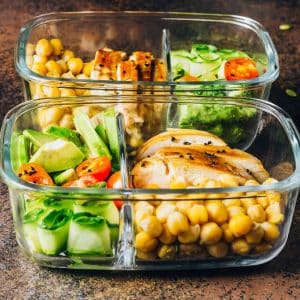
You can do a lot to optimise your testosterone output with just a few simple changes to your diet and eating plan.
It won’t do all the work, of course. Not by any means. You need to get your whole lifestyle in check: lead an active life, ideally with some form of resistance training; get plenty of sleep, ideally 7-9 hours per night; keep stress levels low; and take care of any health concerns, chatting to your health provider where necessary.
However, diet is one of the big ones. It can make or break your bid to optimise your testosterone output.
Include plenty of protein, healthy fats, cruciferous vegetables, zinc, and vitamin D. Ditch processed food, excessive sugar intake, and excessive alcohol intake. This should see you right.
Sustainable changes take a bit of time and effort, at least as you reform old habits. Be patient and consistent with your efforts. Follow the guidance above and plan your meals accordingly and in advance.
With proper knowledge, support, and dedication, you can optimise your testosterone levels and enjoy a life full of vitality, strength, and optimal health. It will become second nature soon enough.

